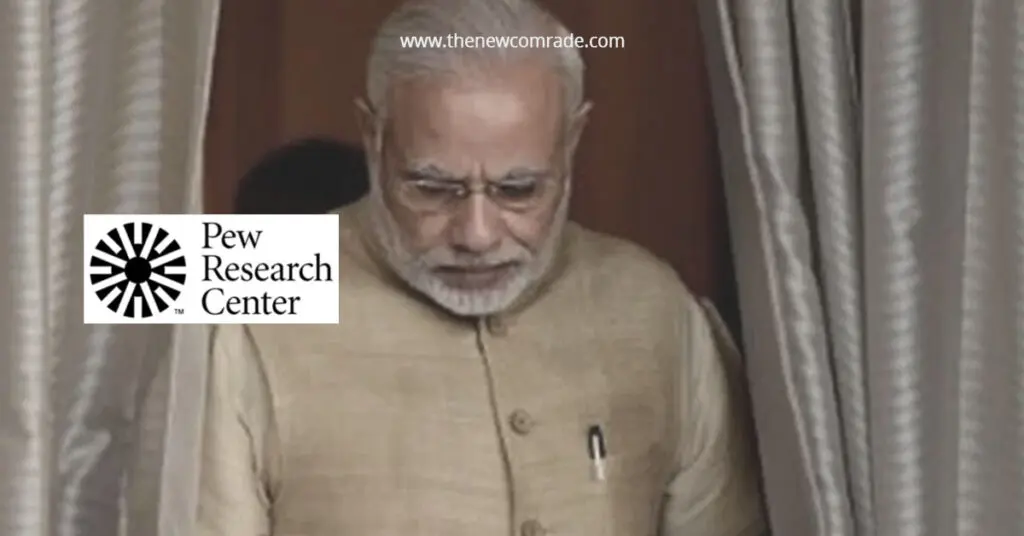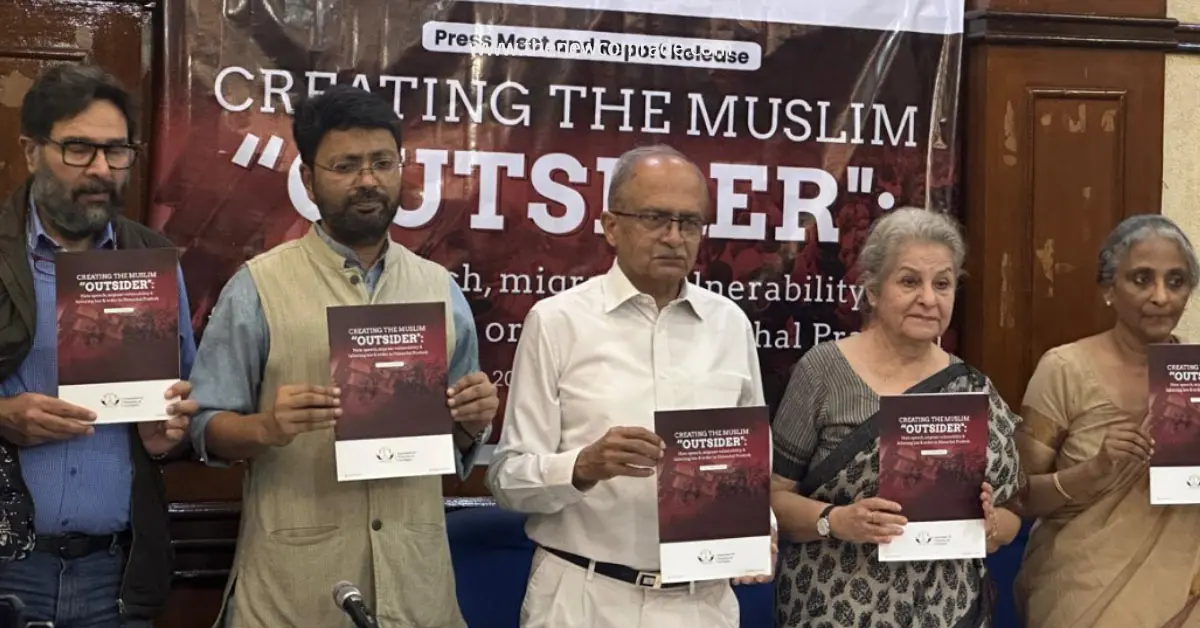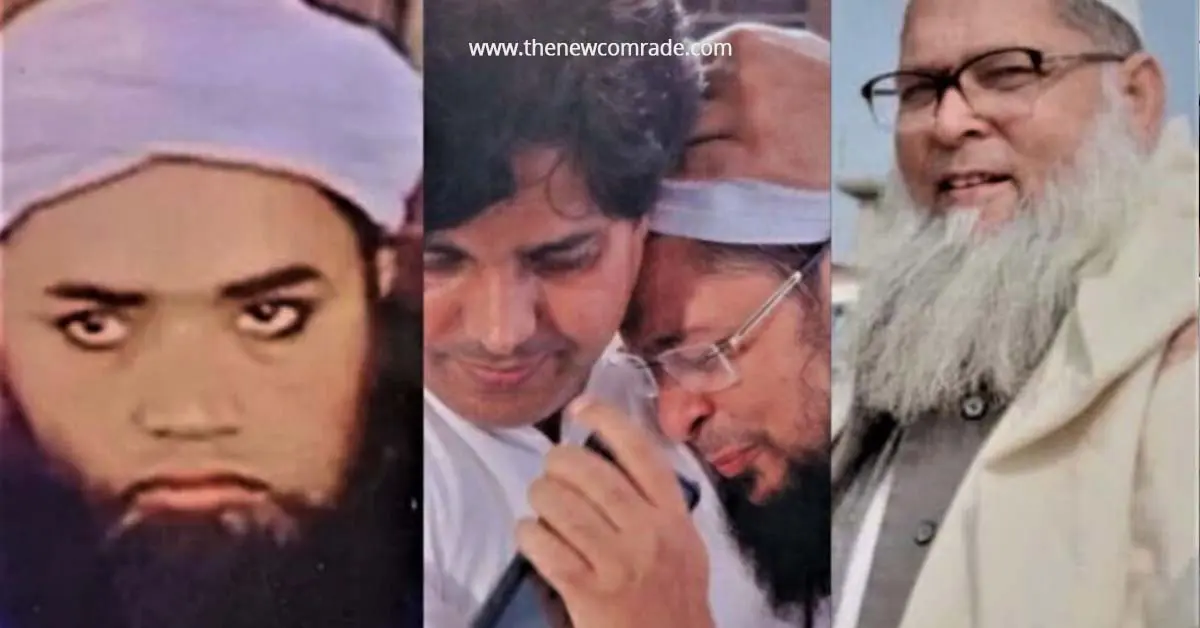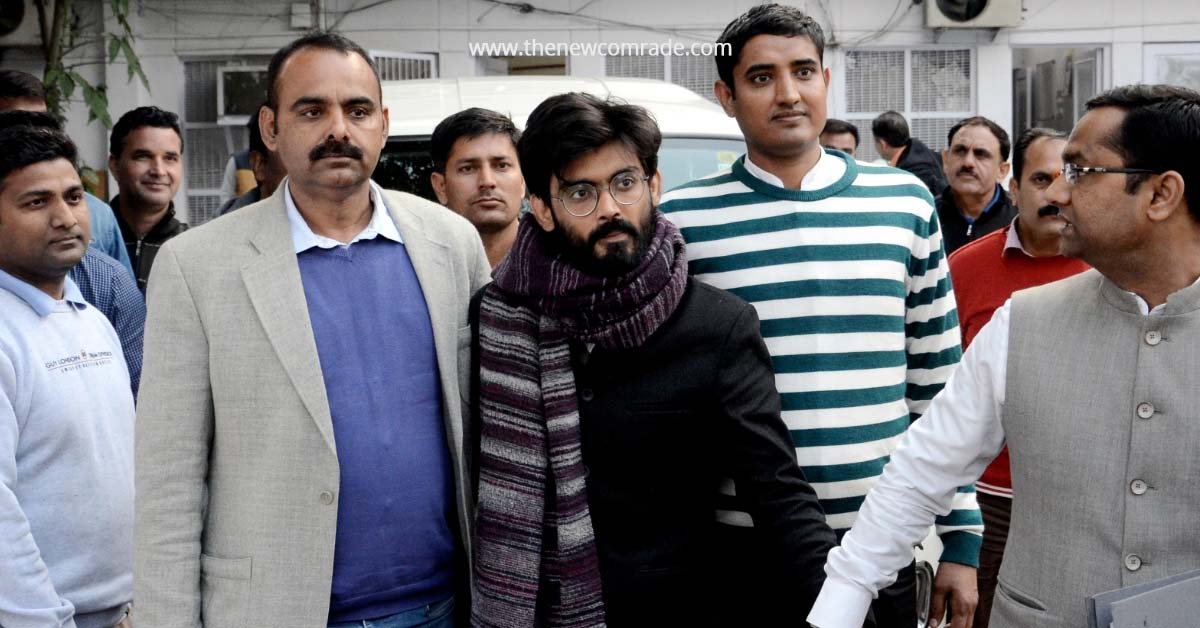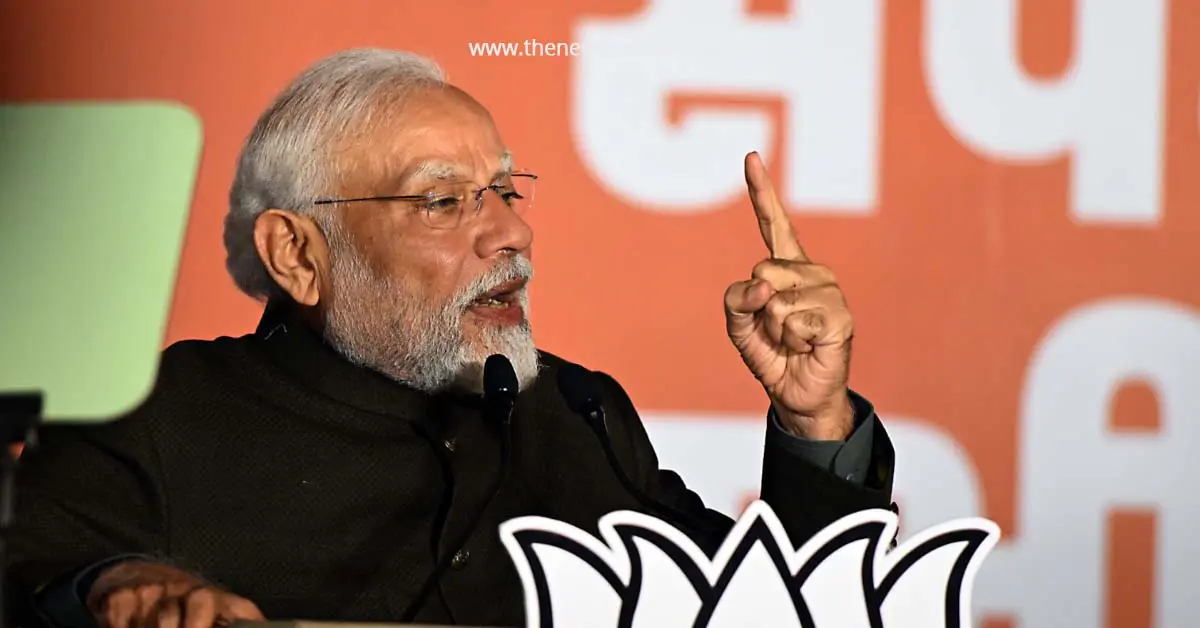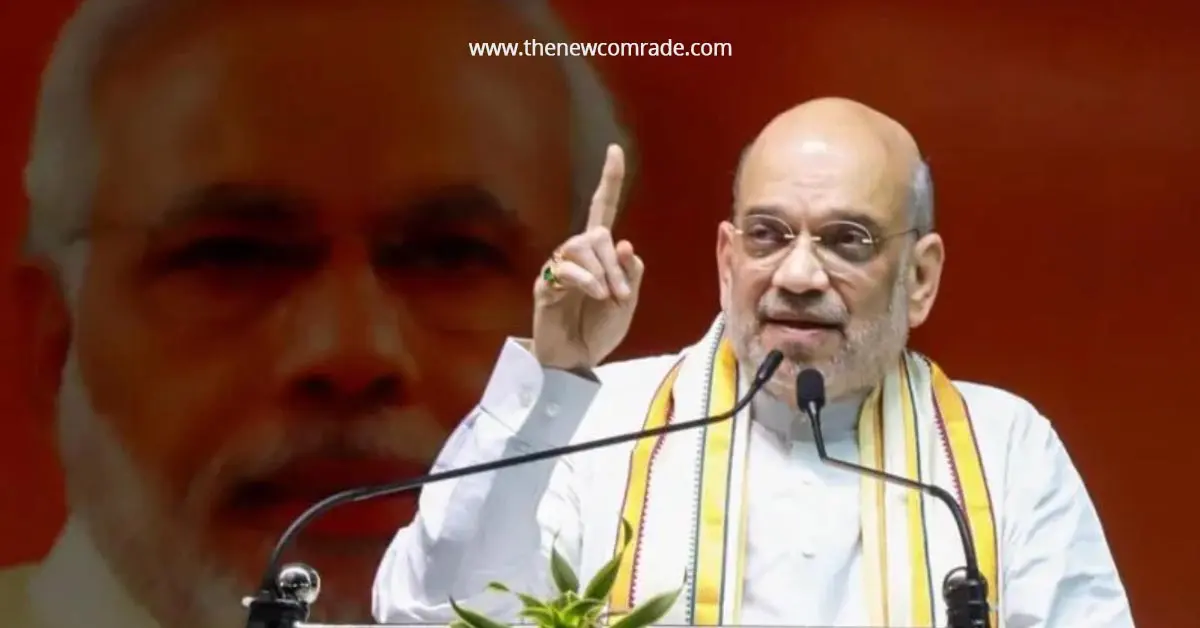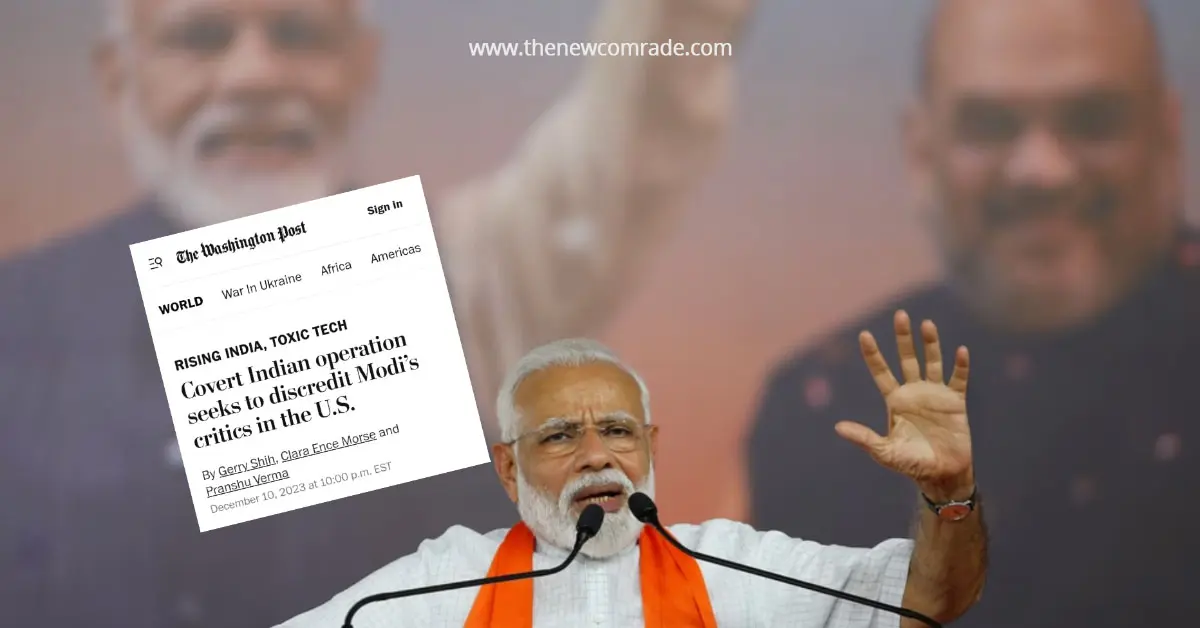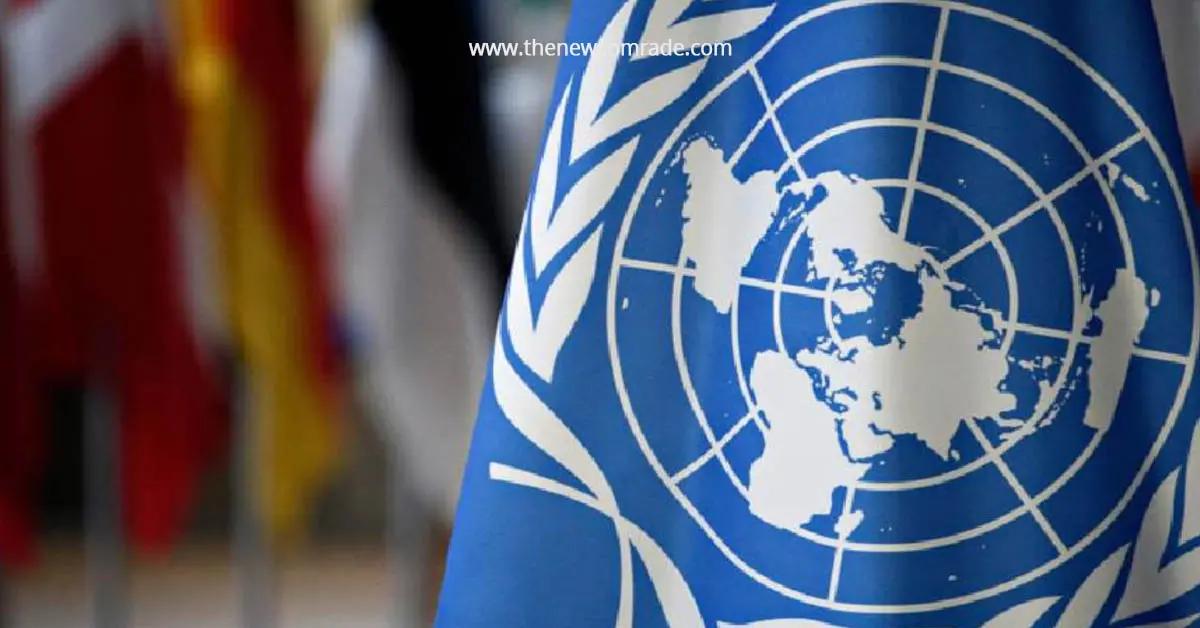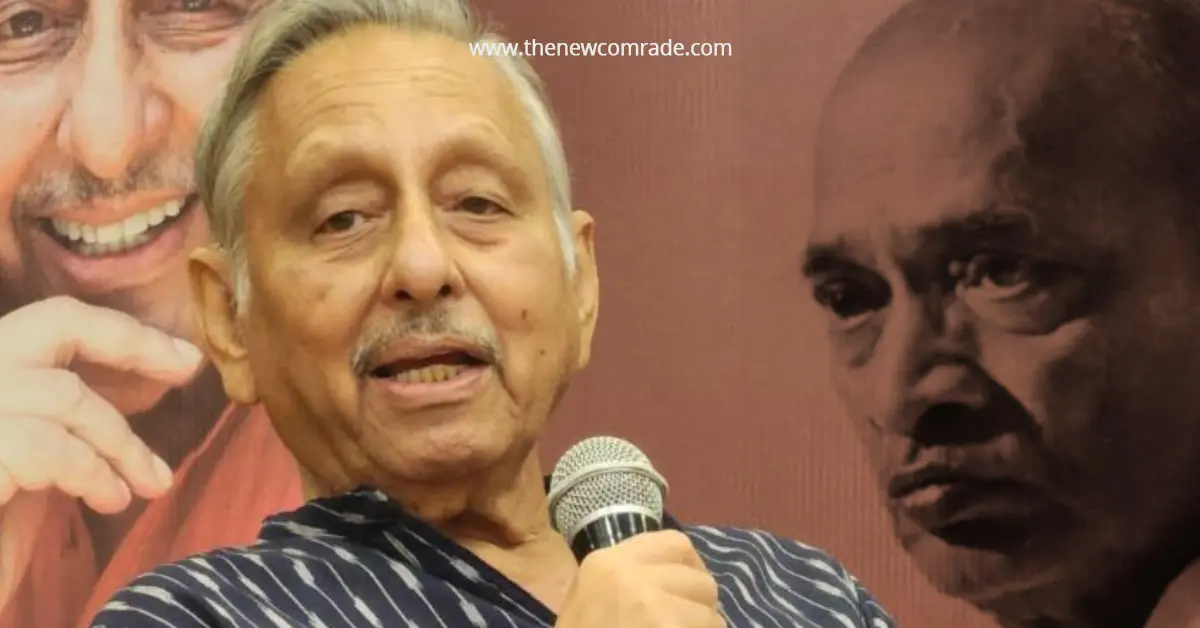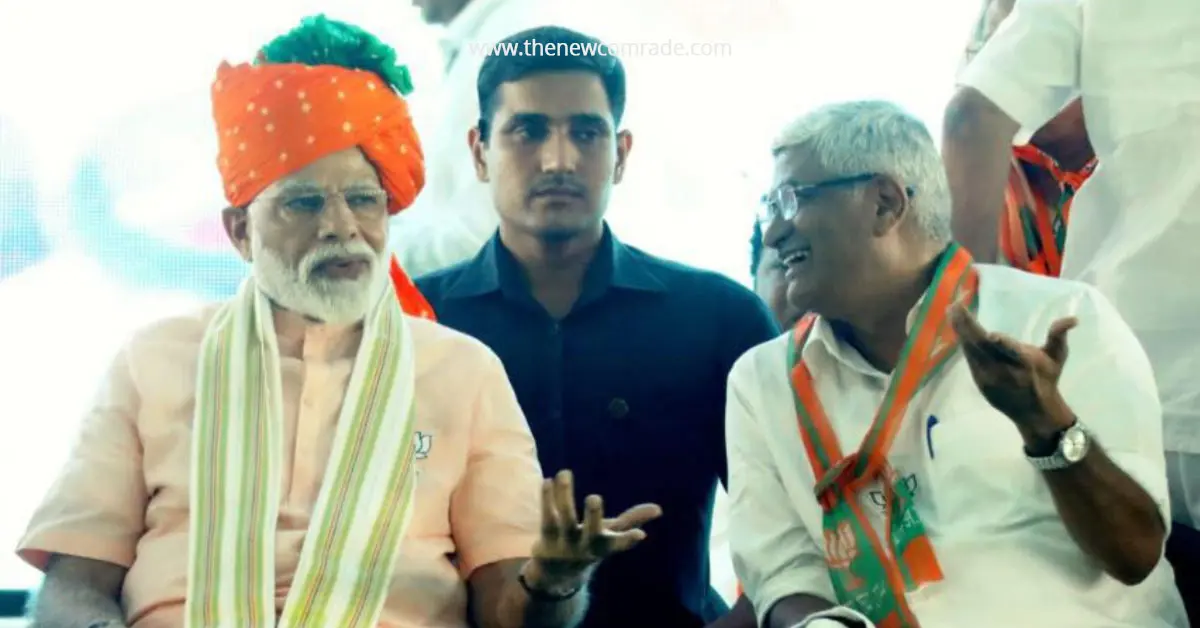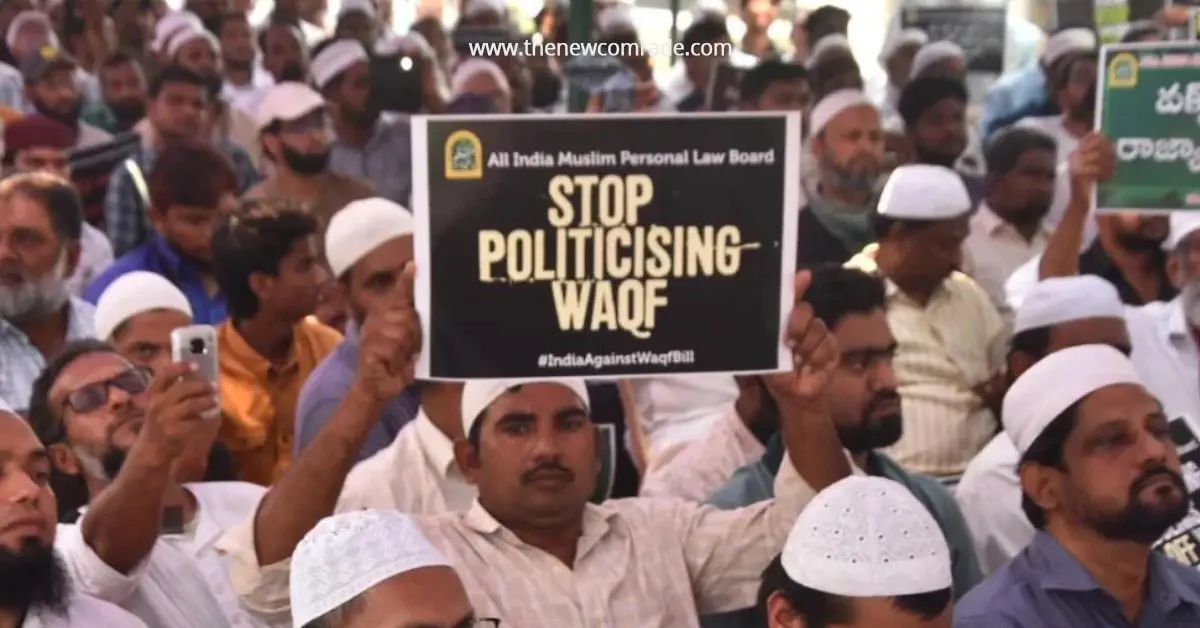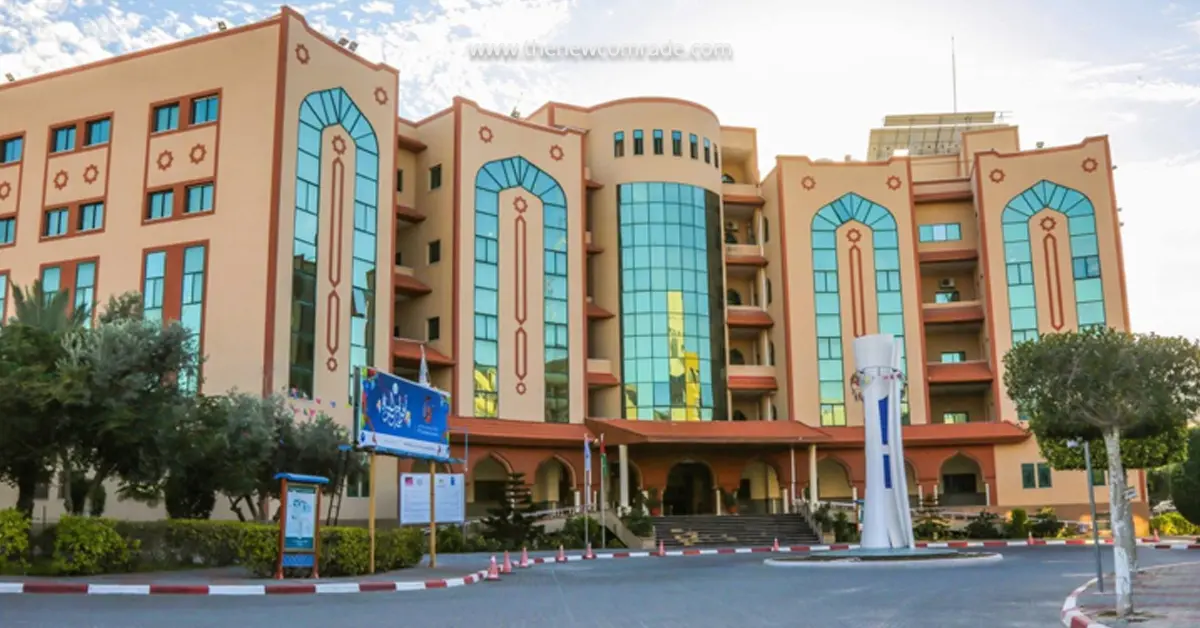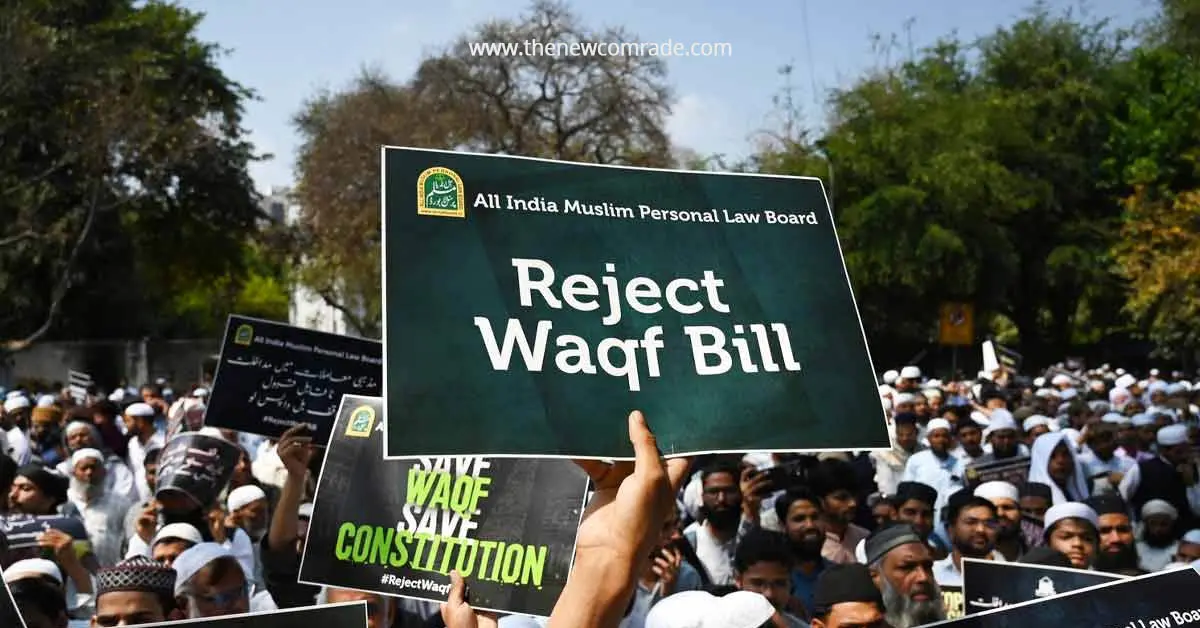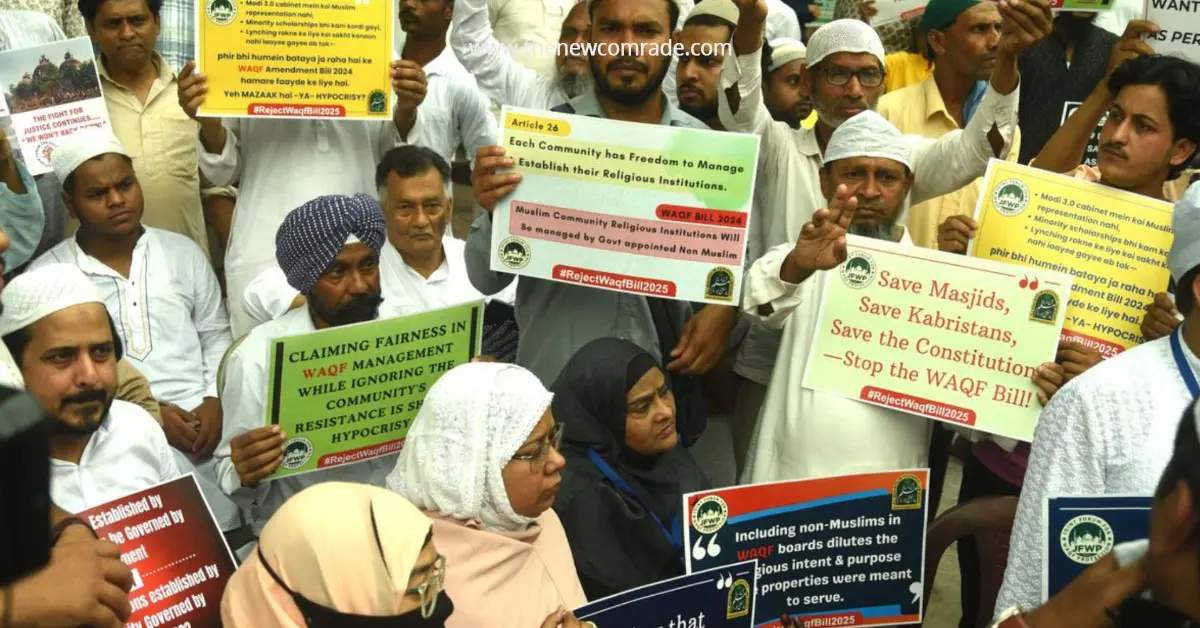In a recent Pew survey spanning 24 countries, India’s reputation was under scrutiny to uncover international perspectives. The results revealed that India generally maintains a favorable image in most G20 nations. Conducted by the Pew Research Centre from February to May of this year, the survey encompassed a little over 30,000 participants. The data unveiled that India enjoys a median favorability rate of 46%, with 34% holding an unfavorable opinion.
While the survey findings have garnered significant attention, especially since they were published less than two weeks before the G20 summit in New Delhi, questions have arisen regarding the small sample size, the apparent affluence of respondents, and the specific geographic locations selected for the survey. Many members of the Indian diaspora in these countries belong to the affluent class or privileged castes, often leaning toward right-wing . In fact, according to a 2020 survey published by the Carnegie Endowment for International Peace, only 17% of Indian-Americans identified as lower castes. The survey which perhaps have focused on the response of certain caste or community profiles of the Indian diaspora, may not adequately represent the opinions of minority communities in India, which have a relative smaller population. This raises questions about the accuracy of the survey results. Some outcomes of the survey appear paradoxical in light of recent ethnic violence in Manipur and ongoing religious persecution against Muslims, Christians, and other minorities since the beginning of the Modi government, which has been criticized for its handling of these issues. Importantly, the G20 members Russia, China, Saudi Arabia, and Turkey were not included in the survey, limiting the perspectives of local residents from countries with significant Muslim populations.
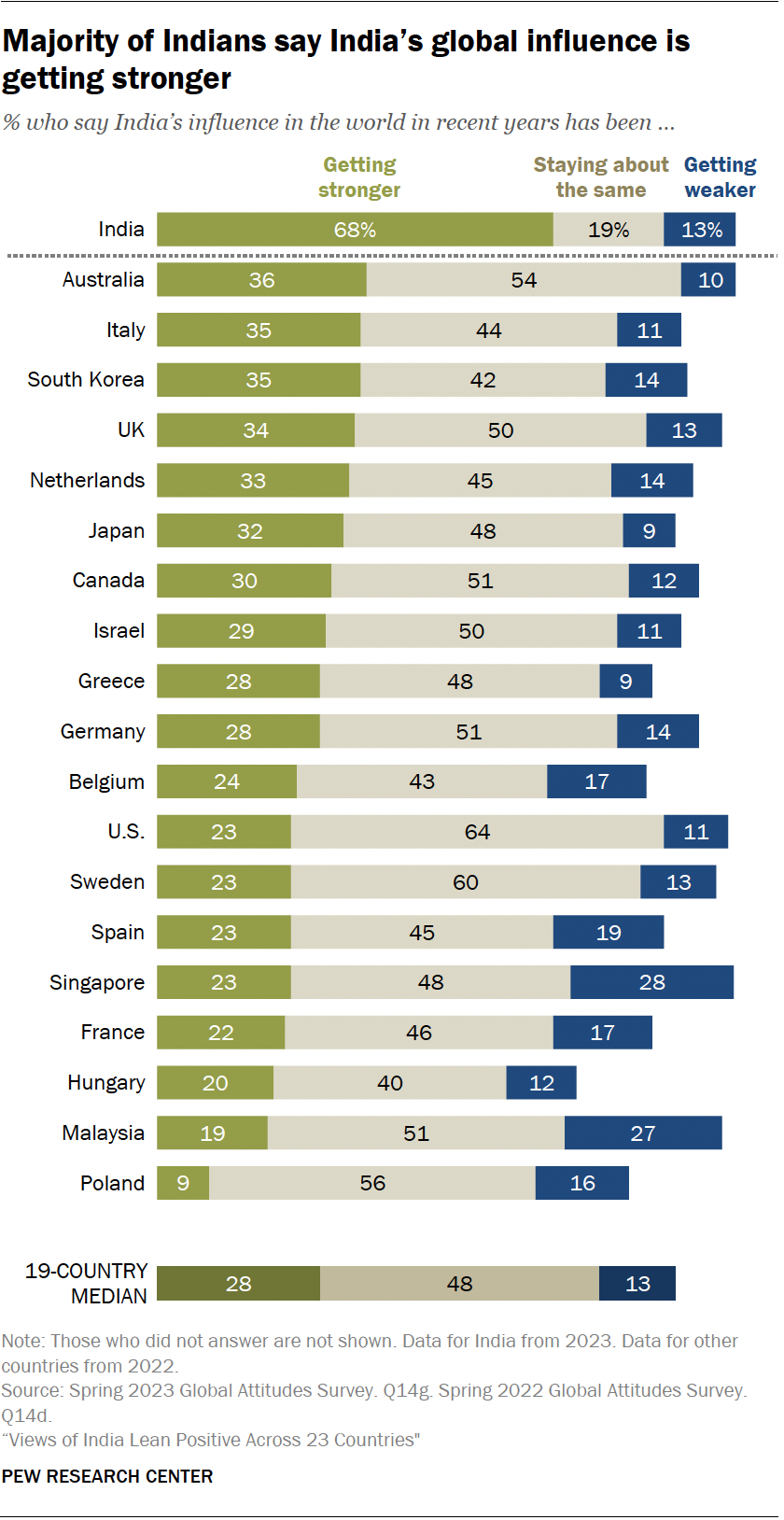
Interestingly, political ideology influences perceptions in certain countries. Hungary, Australia, and Israel demonstrate that those leaning to the right tend to view India more favorably. Conversely, in the U.S., liberals are more likely than conservatives to favor India. Within the U.S., the survey indicated that 51% of respondents view India favorably, while 44% hold an opposing view.
The survey also examined the popularity of political leaders in India, with 79% of respondents holding a favorable opinion of Modi. The survey showed that Congress leader Rahul Gandhi received a 62% favorable rating, while Congress President Mallikarjun Kharge had 46% and the party’s leader in Lok Sabha, Adhir Ranjan Chowdhury, received 42% favorable views. Curiously, the survey chose to focus on the Prime Minister and a few national leaders of the opposition Congress party, while conspicuously excluding any polls on the reception of other political parties like the BSP, Aam Aadmi Party (which governs the capital), or Samajwadi Party. All of these parties enjoy considerable popular support, particularly in the context of the significant roles some of these parties played in the formation of the new opposition alliance, I.N.D.I.A.
Reuters reports that while India’s global image leans toward the positive, the survey reveals a decline in favorability in many European countries. In nations like France, Spain, Germany, Poland, and the UK, where historical data is available, India’s favorability has dropped by 10 percentage points since 2008. The steepest decline was observed in France, with just 39% of respondents holding a favorable view in 2023 compared to 70% 15 years ago. This shifting sentiment forms a critical backdrop as the G20 summit takes center stage, providing insights into India’s diplomatic engagements on the world stage.
